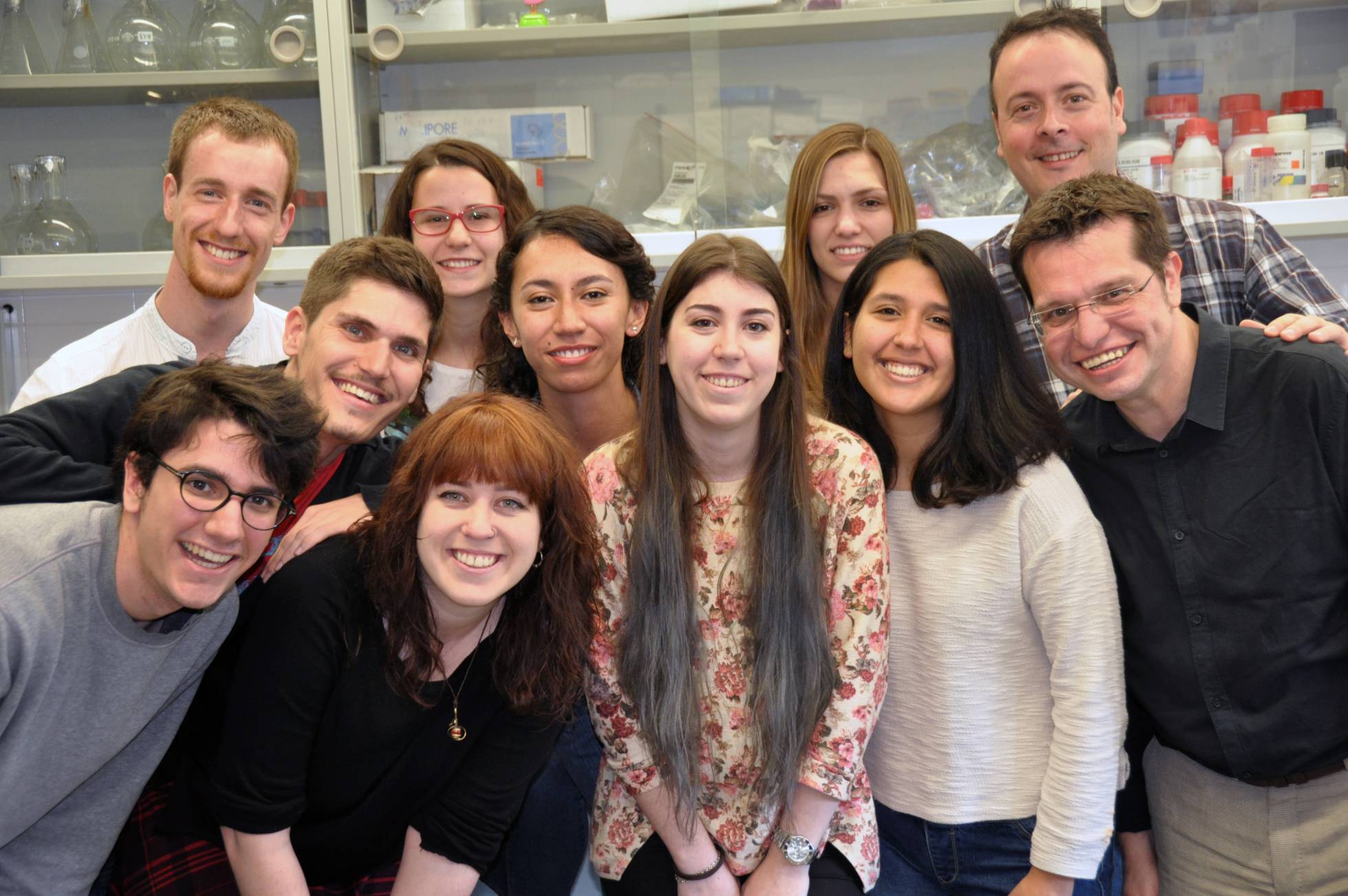Dismantling the retinoic acid synthesis pathway in chordate evolution
The planktonic organism Oikopleura dioica, an animal model in the study of evolution and embryonic development in our phylum (chordates), has lost most of the genes related to retinoic acid metabolism, according to the article in Molecular Biology and Evolution, one of the scientific journals with more impact in this field of knowledge.
Retinoic acid (RA) is a molecule derived from vitamin A (retinol), which is fundamental in the physiology and embryonic development of human beings and our phylogenetic line. Gene loss would have enabled O. dioica to develop without vitamin A, which would be a new example of how gene loss can be an evolutionary strategy that allows the adaption of species to biological situations in a beneficial way.
The new study has been carried out by the researchers Josep Martí-Solans, Núria P. Torres-Àguila, Ricard Albalat and Cristian Cañestro from the Department of Genetics, Microbiology and Statistics and the Biodiversity Research Institute (IRBio) of the University of Barcelona, with the collaboration of the researchers Olga V. Belyaeva and Natalia Y. Kedishvili from the University of Alabama, USA.
